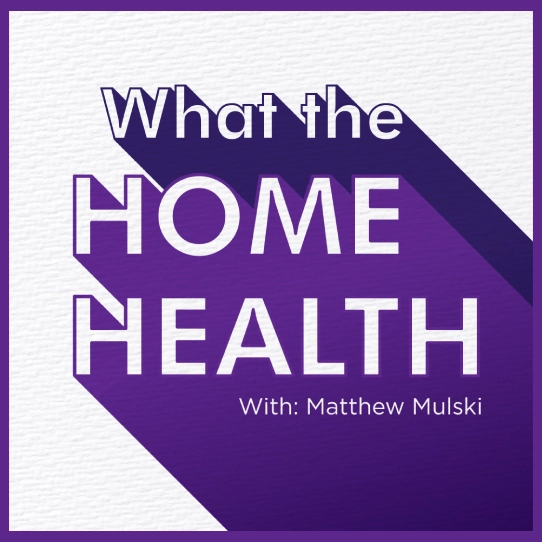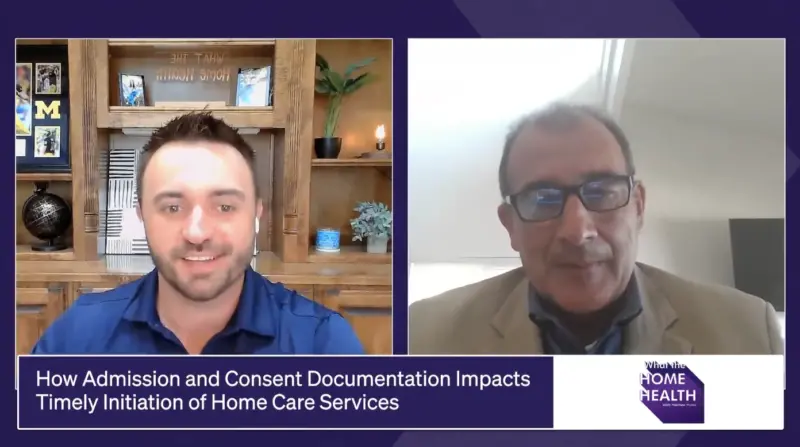What Actually is AI, How Far it’s Come, and How it’s Changing the Home Health Industry
As the healthcare industry continues to grapple with clinician burnout and increasing demands, AI is emerging as a transformative force in home healthcare. With advancements in generative AI and automation, companies are leveraging technology to streamline processes like OASIS documentation, reducing the time burden on clinicians and improving overall care quality. This shift is not just a trend—it’s a crucial development in an industry that is vital to public health. By reducing documentation time, clinicians can focus more on patient care. But what exactly is AI in home health, and how far has it come? How are these technologies reshaping the way care is delivered at home?
In this episode of What the Home Health, host Matthew Mulski sits down with Tiantian Zha, CEO and Co-founder of Andy AI. Their conversation delves into the current state of AI in home health, its potential, and the real-world impacts of implementing AI-driven solutions.
Key Discussion Points:
– Understanding the difference between traditional software and AI, and how AI is applied in home health.
– The role of AI in reducing clinician documentation time, with Andy AI enabling completion of OASIS forms in under 15 minutes.
– The future of AI in healthcare, including its broader implications and the importance of maintaining human oversight.
Tiantian Zha is the CEO and Co-founder of Andy AI, a platform revolutionizing home healthcare by automating OASIS documentation. Before founding Andy, she spent eight years at Google, leading AI and health technology projects. Tiantian holds a degree from Princeton University and has been at the forefront of healthcare AI innovations throughout her career.
Article written by MarketScale.




